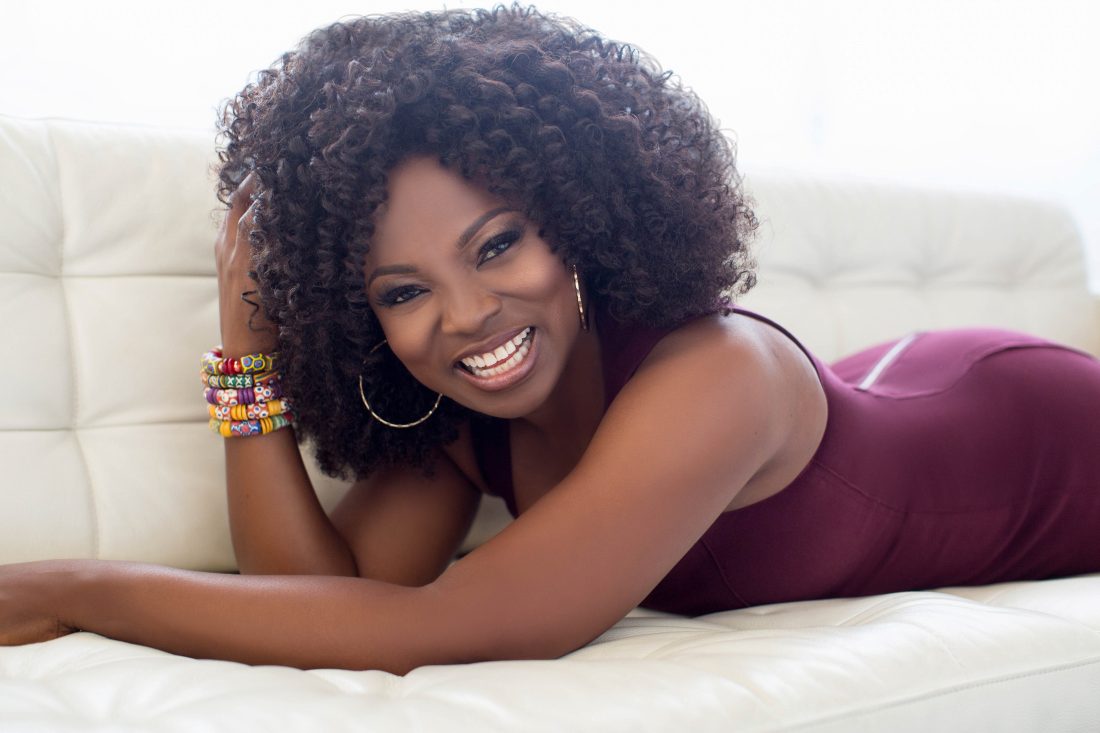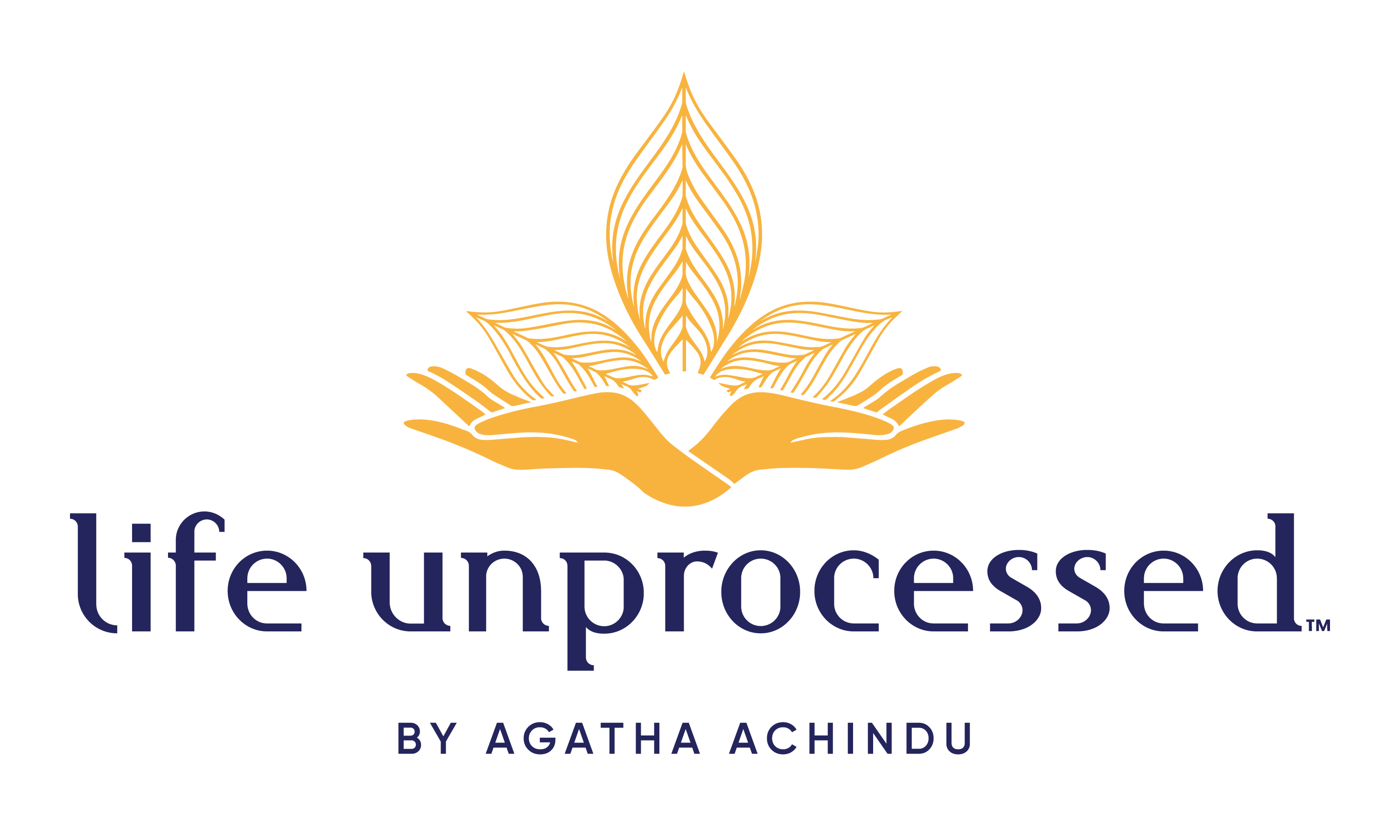
Menopause is not a disease!!!!! I am 54yrs old, people are often surprised when I tell them my age. Aging is a beautiful gift, not a disease. Menopause is not a disease; I know it can be very hard to believe since menopause has been medicalized into a disease. Selling menopause as a fearful time …
I am 54yrs old, people are often surprised when I tell them my age. Aging is a beautiful gift, not a disease. Menopause is not a disease; I know it can be very hard to believe since menopause has been medicalized into a disease. Selling menopause as a fearful time of hormone loss lays the groundwork of selling the promise of hormone replacement, promoting what otherwise is a natural change of life as a medical condition is making billions of dollars for big pharma. In their book SELLING SICKNESS (must read if you haven’t already), Ray Moynihan and Alan Cassels show how the marketing strategies of the drug company is to change the way people think about common ailments, to make natural processes’ into medical conditions. A CEO of Merck, Henry Gadsden, once said, and I quote, “I want to sell drugs to everyone. I want to sell drugs to healthy people. I want drugs to sell like chewing gum.” He theorized that selling drugs just to the sick was limiting profits greatly; selling drugs to healthy people was the only way to make mega bucks. 3 decades later the late Henry Gadsden's dream has come true, so many healthy people are being pushed to take medication. High cholesterol, menopause, social anxiety disorder, depression etc Remember just as the start of menstruation is a natural process, so its cessation is also a natural process. Yes, for some women, especially those with nutritional deficiencies, menopause can seem like a round-the-clock PMS. My hope is that before you turn to medications that might have long lasting side effects, exhaust cheaper options like diet and lifestyle.

Here is the good news, a healthy diet, good supplements, restorative sleep, exercise, stress management can all help minimize menopause discomfort. At my age, due to diet and lifestyle I have been spared these discomforts, so I know it is possible for you, as a certified Integrative Nutrition Health practitioner I have seen the science based data that this is possible. The truth is menopause doesn’t have to be a season of constant hot flashes, weight gain, insomnia, dry virginia While we often hear about
- Hot flashes
- Weight gain (Menopause weight)
- Low sex drive
- Night sweat
- Fatigue and low energy
- Sleeplessness/ insomnia
- Short fused
- Anxiety
- Thinning hair,
- Sagging skin
- Mood swings
There is more, vagina dryness is a huge factor that makes sexual intercourse extremely painful, this truth is not commonly heard of, now you know right. I few of my recommendations are below, to work with me start here “No disease that can be treated by diet should be treated with any other means.” ― Moses Maimonides, Twelfth-Century Physician.
What to eat:
Calcium rich food: sardines, salmon with bones, broccoli, dandelion, kelp (avoid or limit dairy) Fruits and vegetables: (high in antioxidants which helps prevent cell damage.) Fatty fish: Several studies link the heart-healthy fats in fish, called omega-3 fatty acids, to improved mood and brain function. Omega-3 fatty acids can also help keep blood pressure levels in check Protein: To help your body hang on to muscle, eat plenty of high-protein foods, such as fish, poultry, legumes, nuts and seeds. Cooling foods: If you’re suffering from hot flashes, so-called “cooling foods,” including apples, bananas, spinach, broccoli, eggs and green tea may help you cool down, according to Chinese medicine. A bonus: all of these foods are rich in nutrients and disease-fighting chemicals. Water: It’s really important to stay hydrated during menopause. Not only will it help keep your weight in check, it will also help your body flush out toxins and absorb nutrients. Soy beans: has been shown to help with hot flashes in many studies, it contains phytoestrogen which mimic biological estrogen.
“If you want healthy hormones, healthy eating and lifestyle habits and critical.”—Agatha Achindu
Foods to help promote estrogen
- Anise
- Fennel
- Licorice
- Wild yam
What to avoid or limit:
- Coffee (If you are struggling with hot flashes, avoid coffee, the caffeine in coffee can also elevate your heart rate and cause dehydration, which may intensify those feelings.)
- Refined sugar
- Greasy foods
- Salt in moderation (more garlic/onions)
- Alcohol
- Spicey food. If you eat meat make sure it is pastured
- Junk food
- Fast food.
Virginia dryness- aloe vera and slippery elm paste. In conclusion, I can honestly say from my expert opinion as an integrative nutritionist and wellness architect and as an over 50 (will be 55 in a few months when this was written) the way you eat during menopause is really no different than at any other time of the life cycle. The best approach to follow is either a diet boasting with plenty of fruits, vegetables, whole grains, nuts and seeds and good quality protein. Manage stress, exercise and get good quality sleep.
